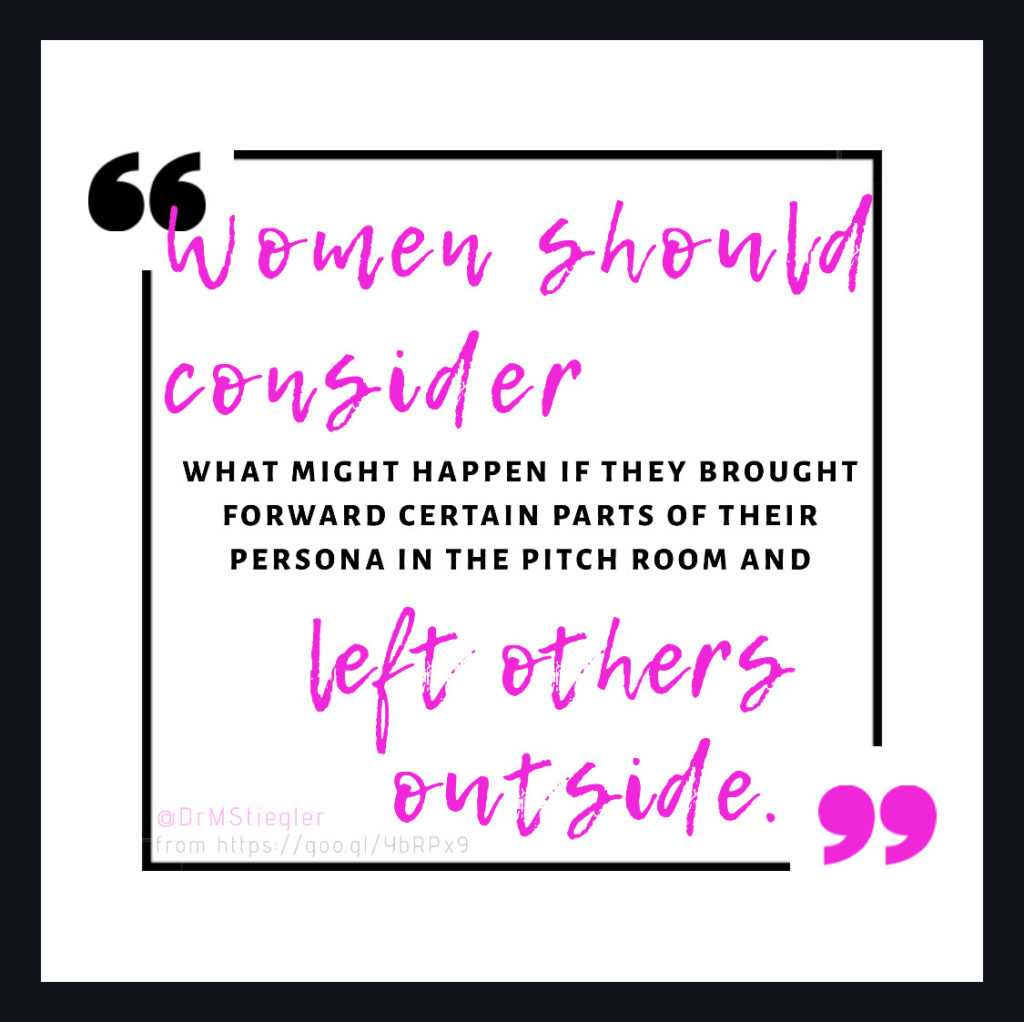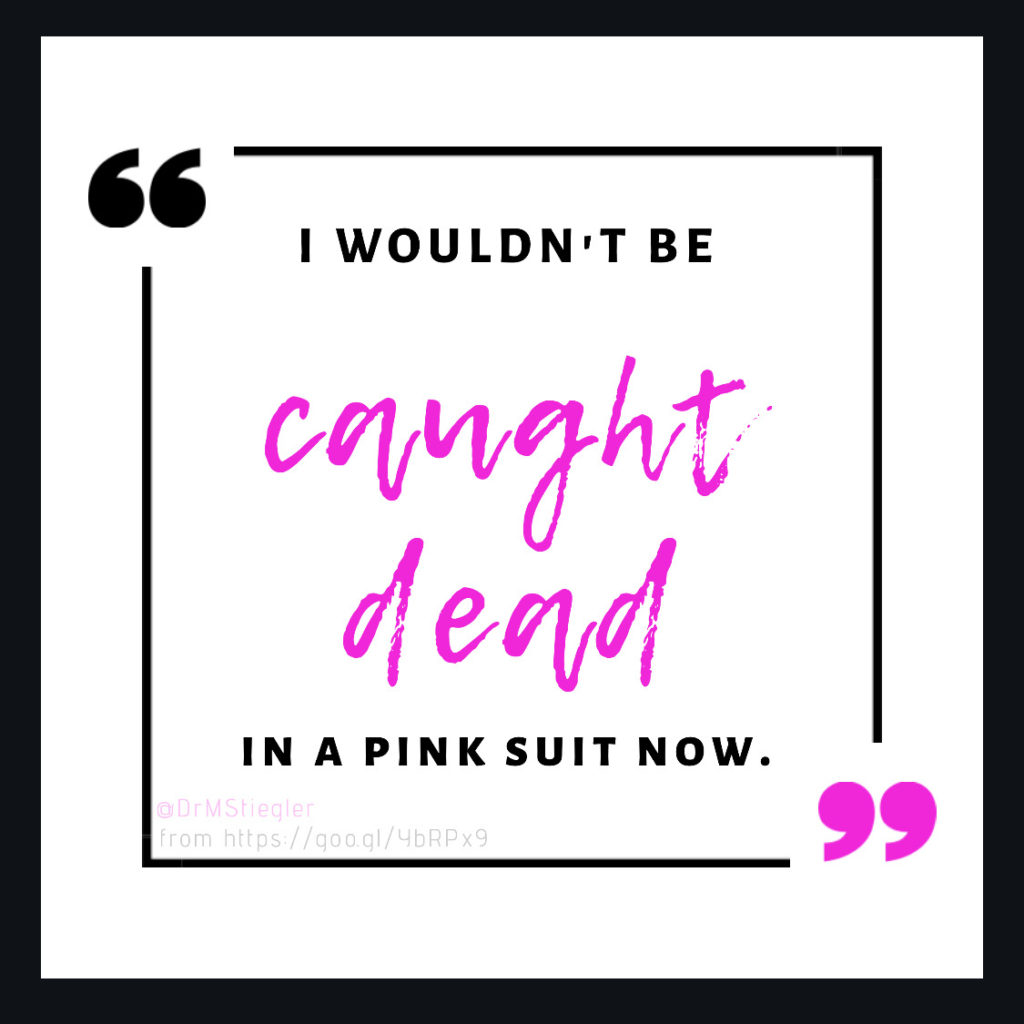Professional branding is critical for success in today’s world, whether in medicine, business, or any other discipline. When you clearly articulate the elements of your professional brand, you can bring clarity around your work and your career aspirations in an otherwise noisy and chaotic information age. As I’ve written previously, professional branding is important because great work simply doesn’t speak for itself the way we wish it did. It only speaks when it is seen, and to be seen, it has to be differentiated from the rest.
In this regard, as with many workplace interactions, branding is intended to put one’s best persona forward and to highlight one’s most important achievements or strengths. This is how you’d write a cover letter and old-fashioned resume, and what you’d try to convey if you found yourself having a 30-second chat in an elevator with a senior leader. Most would agree that it is simply smart business practice to know your best traits and play to your own strengths in these situations. Present yourself as a professional, whatever that means in your industry.

So with this on my mind, a piece from the Harvard Business Review this week really caught my eye. In the article, author Lakshmi Balachandra argues that “while we often assume women entrepreneurs are discriminated against simply for being women, my research shows that they’re actually penalized for exhibiting stereotypically feminine traits. In fact, men are also at a disadvantage when they display “feminine” behaviors in the pitch room…” She says that it is not gender (whether someone is a man or a woman) but masculinity and femininity, that influenced whether someone was perceived to be a worthwhile investment in an elevator pitch competition.
The author goes on to say that although this bias is a problem, there is a solution: knowing your audience, and knowing that while you cannot control your gender, you can how you present yourself to your best advantage. In this case, that means checking your femininity at the door.
Thought-provoking, indeed. I agree that knowing your audience is important, whether that is a potential boss, future collaborator, or a literal audience listening to your podium presentation. And I agree that a key purpose of knowing your audience is to give them what they want, when it benefits all parties. One of the women in the study describes the adoption of a more masculine style as empowering, uncovering a different part of her ‘natural self’ that has been held back by conditioning from society. And she says she “wouldn’t be caught dead in a pink suit now.” (This naturally inspired me to wear a pink suit to the office today.)

So, the argument seems to be that pervasive societal expectations of feminine behavior have trained women to hold themselves back, and that shedding those expectations and deliberately cultivating more masculinity is therefore empowering and liberating.
But is dialing back your feminine style and instead cultivating a more masculine presence really liberating, or it is just caving to the injustices of bias? Is it good business practice to adopt a more masculine brand if that’s what the audience wants, or do we need to work towards a broader audience appreciation that strengths manifest a variety of forms?
Dial back feminine style. Cultivate a more masculine presence. Just good business advice and smart branding? Or is that letting #bias win? Share on X
Certainly modern women (AND men!) are outspoken about gender inequality in the workplace. I don’t think this proposed solution would resonate well – just check out #ILookLikeASurgeon on Twitter. But I’m interested in the other side of this coin, and whether there is a place for modifying one’s natural style for the purpose of enhancing their professional brand. If you have a perspective on this, I hope you’ll tweet me!
Pin for later!








